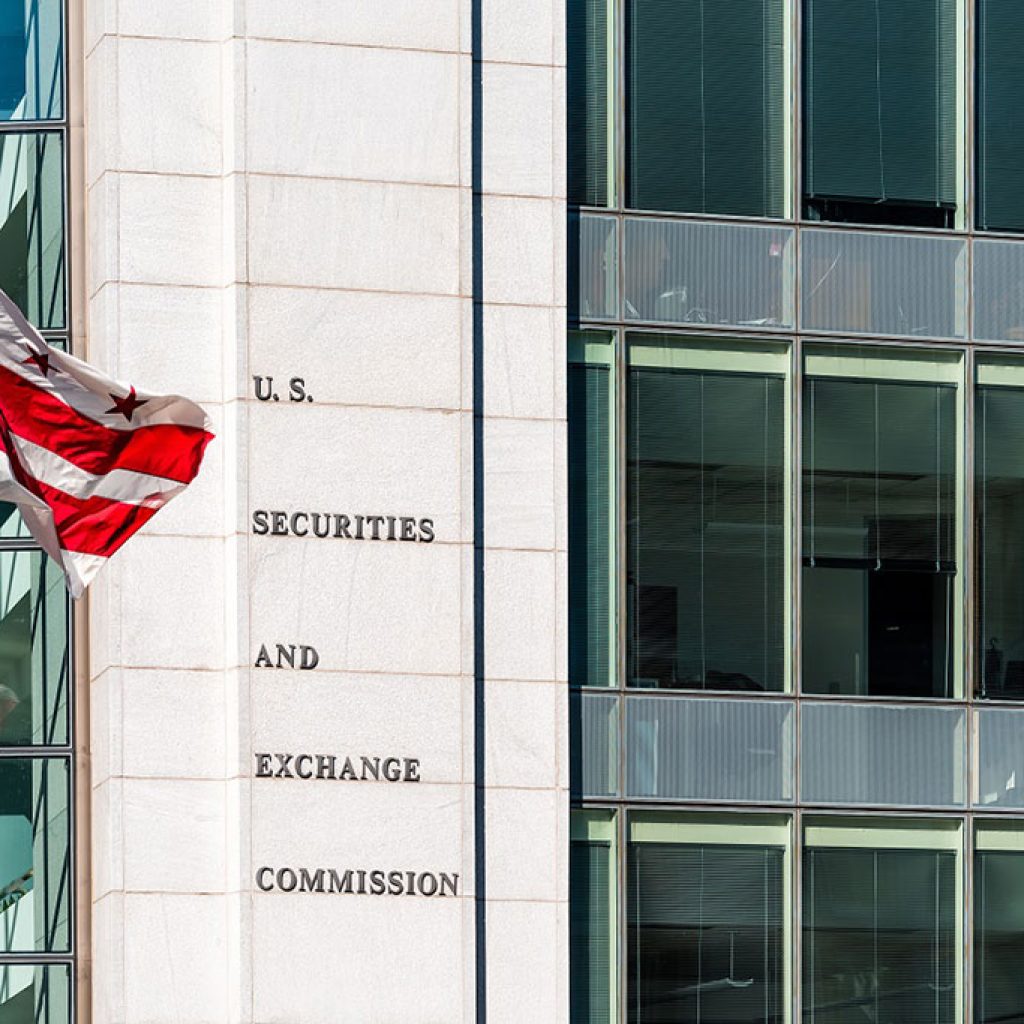In recent developments, Bitcoin (BTC) experienced a notable uptick of 1.5% on Thursday, a surge attributed to reports indicating that two major economies slipped into recession toward the end of last year. This increase was mirrored by Ether, the second-largest cryptocurrency by market capitalization, which also saw a similar rise in its value. The catalyst behind these price movements has been the significant inflows of funds into spot bitcoin exchange-traded funds (ETFs), prompting analysts to anticipate a forthcoming bullish cycle over the next 1-2 years.
Cryptocurrencies witness significant growth
Cryptocurrencies have proven their resilience amidst global economic challenges. According to the U.K.’s Office for National Statistics, there was a 0.3% contraction in gross domestic product (GDP) during the final quarter of 2023. Simultaneously, Japan relinquished its status as the world’s third-largest economy to Germany following an unexpected recession.
Ether, the native cryptocurrency of the Ethereum blockchain, saw its price surge past the $2,700 mark for the first time since May 2022. This increase was driven by trader speculation regarding the potential approval of a spot ETH exchange-traded fund in the United States.
Such an approval could significantly enhance Ether’s appeal to institutional investors, thereby further bolstering its market value. Notably, several prominent financial firms, including Franklin Templeton, BlackRock, Fidelity, Ark and 21Shares, Grayscale, VanEck, Invesco, Galaxy, and Hashdex, have all submitted applications for an ether ETF.
These firms have already introduced spot bitcoin ETFs, which were launched in mid-January. Since their introduction, these funds have collectively amassed a total of $11 billion worth of BTC. This influx of institutional capital has played a crucial role in propelling the price of Bitcoin, which surged past the $52,000 mark.
Institutional interest pushes crypto ETF applications
The growing interest in cryptocurrency ETFs reflects a broader trend of institutional adoption within the digital asset space. Institutional investors, including hedge funds, asset managers, and corporations, are increasingly recognizing the potential of cryptocurrencies as an alternative investment class.
The introduction of ETFs provides these investors with a regulated and convenient means of gaining exposure to cryptocurrencies, thereby expanding the market and driving further price appreciation. Furthermore, the prospect of regulatory approval for cryptocurrency ETFs in the United States has generated optimism among market participants.
A spot ETH ETF approval, in particular, is viewed as a significant milestone that could unlock substantial institutional demand for Ether. However, it is important to note that regulatory uncertainty remains a key concern, as authorities continue to grapple with issues related to investor protection, market integrity, and financial stability.
Despite these challenges, the overall outlook for cryptocurrencies remains positive, fueled by growing mainstream acceptance and adoption. As global economies navigate uncertainties, digital assets offer investors a hedge against inflation and currency devaluation, making them an attractive option for portfolio diversification. With increasing institutional participation and regulatory clarity, the cryptocurrency market is poised for further growth and maturation in the coming years.





